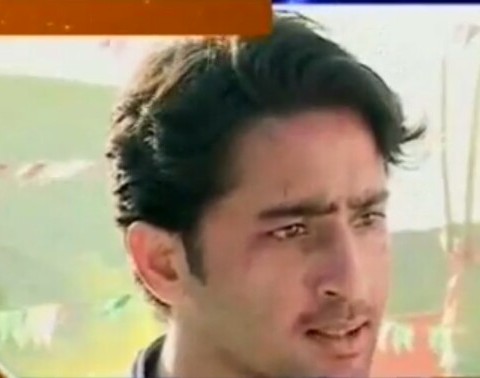

The channel aired syndicated television shows from Pakistan, and has been well received. Zee Entertainment Enterprises (ZEEL) launched an entertainment television channel, Zindagi, on 23 June 2014. India assured Pakistan that it would consider a proposal by Pakistani foreign secretary Jalil Abbas Jilani to lift the ban. In 2012, India began debating whether to reverse the ban on Pakistani television channels. In 2009, the Senate of Pakistan's broadcasting division appealed to the Parliament of India to lift the ban. India ĭramas such as Deewarein, Waris, and Jungle were popular in India during the 1980s, but the Indian government has imposed a ban on Pakistani television channels in India. After Humasafar, other shows such as Malaal (aired as Hob-Wa-Nadam), Zindagi Gulzar Hai (aired as Asrar Al Hob), Mera Naam Yousuf Hai, Daastan, Kadoorat, Mera Naseeb, Mata-e-Jaan Hai Tu, Noor Bano, Dil-e-Muztar, Khaani, Gul-o-Gulzar, Balaa, Cheekh, Do Bol, Koi Chand Rakh, Aisi Hai Tanhai, and Suno Chanda were also dubbed into Arabic and broadcast by MBC. Before this, Pakistani dramas were not broadcast in the Middle East. The show was immediately successful and, after its first few episodes were broadcast, became the channel's most-watched drama. In 2013, the Pakistani drama Humsafar was dubbed into Arabic and broadcast by MBC in the Middle East as Rafeeq-Al-Rooh.

#Ptv drama gharoor last episode tv#
Ahmar says there is no doubt that Pakistani Drama TV serials are hugely popular among all strata of Pakistani society, but unfortunately they waste their potential of doing better in projecting progressive values rather than regressive values vis a vis women's depiction & support to equal rights. UK based Pakistani feminist Tasneem Ahmar, whose research institute focuses on the women-media relationships, complaints 99.99% of TV drama in Pakistan is misogynist, patriarchal medieval in its depiction and treatment of women issues. Pakistani feminists are usually concerned about depiction of women in Pakistani drama TV serials, they receive many of those with skepticism & reservation. In recent years, Pakistani dramas have increasingly begun to tackle social issues that are once considered taboos. Many Pakistani dramas are based on Urdu novels and in the subsequent years after 1969, many authors became television writers such as authors Umera Ahmed and Farhat Ishtiaq both of whom have written content for digests as well as television serials.


 0 kommentar(er)
0 kommentar(er)
